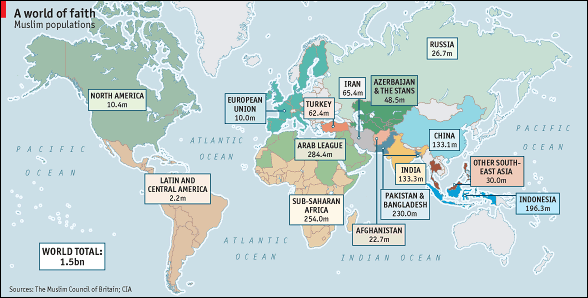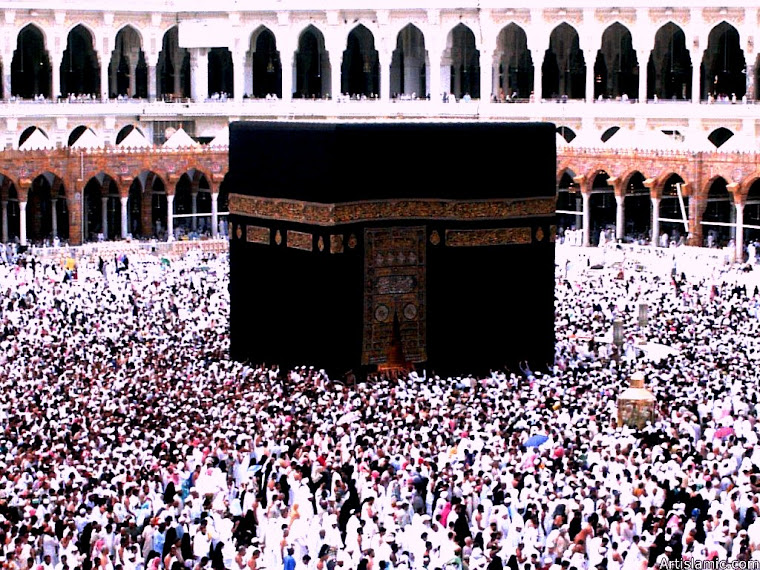Anthropology seems to be a vital parcel in learning International Studies, particularly in the branch of International Relations. In studying the behavior of a nation-state as actors in the realm of international politics and cross-cultural comparisons, anthropological assertions should be emphasize, i.e. the nature of people or group of people comprising a particular community, its culture that greatly affects the schemata or prisms of every decision-makers or policy-makers as an imperative stakeholder of the community, and so on and so forth.
The proponent finds Raul Pertierra’s Political Consciousness versus Cultural Identity in addressing question on Palestine as a major factor for a relentless unresolved phenomenon. This problem is the root cause why there’s anomie and socio-cultural upheavals in the Middle East region. Several organizations have been established due to Israel’s political and military hegemony, e.g. Arab League, Muslim World League, Organization of Islamic Conference and the like.
Although there are geopolitical issue-areas in addressing Palestine question like water politics, trade inequalities, refugees’ concerns, Jerusalem’s identity and sovereignty, territorial partitions and jurisdictions, religious concerns, and etc, which were all centered to the great havoc of Arab-Israeli conflict in all aspects of human concerns. This serves as the paramount reason for succeeding international headlines such as U.S. invasion to Afghanistan and Iraq in the name of liberal democracy and war on terror, U.S. pronouncement of ‘Axis of Evil’, i.e. Iran, Iraq, and North Korea, Bush’s preemptive strike, the ‘green peril’ Islam as the new ideological threat after communism of the Cold War … all of these were empirically testified and causally proved the links and interconnections of mostly by oriental writers and scholars.
In respect to this, one salient thing that Palestinian scholars did not see is that there’s a clash on their system on political consciousness and cultural identity. In the main points of Pertierra’s essay, even though it was done in consonance with Filipino perspective, the following were explicitly stressed out:
§ Lack of unified political will
Ø From Arafat’s PLO (Palestinian Liberation Front) to PA (Palestinian Authority), changes in the constitutional objectives that brought to two dominant intervening political factions such as the Fatah and Hamas party. After which Hamas won the last 2006 election and controlled the Gaza strip, which constitute demography of 1.5 million Palestinians, struggles and sufferings have emerged in the political arena like IDPs (internal displaced persons). The Fatah controlling the West Bank (has approximately 3 to 4 million Palestinians) would likely agree to the proposal of the U.S. and Israel on the ground that Palestinian’s interests must be recognized and unabated during the 2007 US conference in Maryland. Wherein the Israel will likely approve the said proposal in the next 2 to 3 years. On the side of Hamas’ Gaza, the future seems dark and vague due to its insistence that it will not recognized Israel’s existence based on ideological belief and will not heed to any UN resolutions after the 1969 ‘Six Day war,’ whether a one-state or two-state solution even this is in accordance to the Oslo accords and Taba agreements.
§ Defatted class action
Ø Fatah wants everything be settled in a moderate way, i.e. diplomacy, while Hamas wants a coercive class action using violence such as terrorist activities, suicidal bombings, and internal insurgents. Hamas is likely linked to the Al-Qaeda and backed by Syria’s support as speculated by the U.S. intelligence report.
§ Refuted self-determination and identity
Ø Unknowingly, there are Muslim Arab Palestinians and Non-Muslim Arab Palestinians, but this is unnoticeable due to large population of Muslim Arab Palestinians. Incoherently, the show of nationalism greatly manifests every Palestinians but insufficient tools of manifestation are signs of major hindrances. With amassed (high) poverty, degrading social structures and ineffective governance dominate the dilemma for attaining the goal of self-identity. This is actually the finite problem between Israeli’s sense of nationhood (Zionism) and Palestinian’s sense of nationalism. A hostile clash and anonymity occurred in several occasions just to perpetuate both party’s aims and objectives.
Consequently, the proponent finds anthropological cross-cultural comparisons as an approach in initial studying this subservient problem. Many have suggested intercultural dialogue in solving this phenomenon, but the proponent suggests a sense of change in the personhood (openness) of every Israelis and Palestinians. This is rather absurd and difficult to assert and assume due to physiological and psychological inhibitions, however, what will be the feasible solution. Let’s say another agreement has achieved and then in the long run conflict emerged AGAIN due to nuances, a never-ending problem as it may seem.
What Pertierra ascertained in his article is really the internal problem happening implicitly in the lives of every Palestinians, if only they are politically fused (consciously) concomitant and congruous to their cultural identity, then a gradual solution and improvement might work for their own improvement and betterment.
A.M.Nassef



















No comments:
Post a Comment